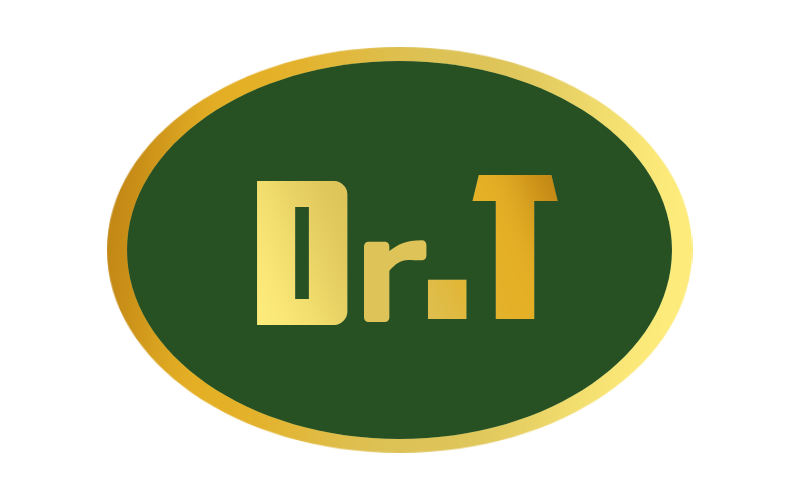In our digital age, screens and technology have become integral parts of daily life. From smartphones and laptops to tablets and smartwatches, we are constantly connected, inundated with information, and bombarded by notifications. While these advancements bring convenience and connectivity, they also come with a significant downside: the potential harm to our mental health. Engaging in a digital detox, or deliberately reducing screen time, can have profound positive effects on mental well-being, allowing individuals to reclaim peace and balance in their lives.
Understanding Digital Overload
Digital overload occurs when the constant influx of information and continuous connectivity overwhelm our cognitive and emotional capacities. This state of perpetual digital engagement can lead to heightened stress levels, anxiety, and even depression. The endless cycle of checking emails, social media updates, and news feeds creates a sense of urgency and dependency, disrupting our ability to relax and focus. Moreover, the blue light emitted by screens interferes with our sleep patterns, exacerbating mental health issues.
Benefits of a Digital Detox
Undertaking a digital detox offers numerous mental health benefits. One of the most immediate effects is the reduction of stress. By disconnecting from digital devices, we allow our minds to rest and recover from the constant bombardment of information. This break helps lower cortisol levels, the hormone associated with stress, promoting a calmer and more relaxed state of mind.
Another significant benefit of a digital detox is the improvement in sleep quality. Exposure to screen light, especially before bedtime, disrupts the production of melatonin, the hormone responsible for regulating sleep. By reducing screen time, particularly in the evening, individuals can enhance their sleep patterns, leading to better overall mental health and increased daytime alertness.
Enhancing Focus and Productivity
A digital detox also enhances focus and productivity. Continuous notifications and the temptation to multitask with digital devices fragment our attention and reduce our efficiency. By setting boundaries and limiting screen time, we can improve our concentration on tasks at hand. This focused approach not only boosts productivity but also provides a sense of accomplishment and mental clarity.
Furthermore, reducing digital engagement allows for more meaningful and direct interactions with others. Face-to-face communication fosters deeper connections and strengthens relationships, which are essential for emotional support and mental well-being. Engaging in real-world activities, such as hobbies, exercise, and spending time in nature, further enriches our lives and provides a sense of fulfillment that digital interactions often lack.
Cultivating Mindfulness and Presence
A key aspect of a digital detox is the cultivation of mindfulness and presence. Being constantly connected to digital devices often pulls us away from the present moment, leading to a fragmented and distracted mind. By taking regular breaks from screens, we can practice mindfulness, which involves being fully engaged in the here and now. This practice not only reduces anxiety but also enhances our appreciation of everyday experiences, promoting a more balanced and grounded mental state.
Conclusion
In a world where digital devices dominate our lives, taking the time for a digital detox can have a significant positive impact on mental health. By reducing screen time, we can lower stress levels, improve sleep quality, enhance focus, and foster meaningful connections with others. Cultivating mindfulness and presence through a digital detox allows us to reconnect with ourselves and the world around us, leading to a more peaceful and fulfilling life. As we navigate the digital landscape, it is essential to find a balance that supports our mental well-being and overall quality of life.

